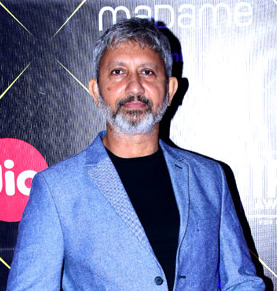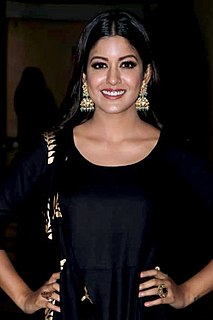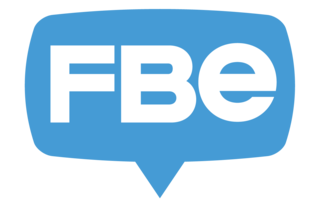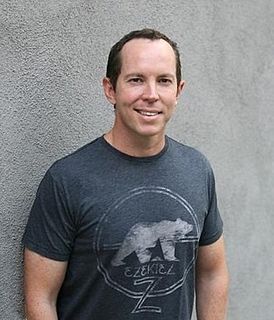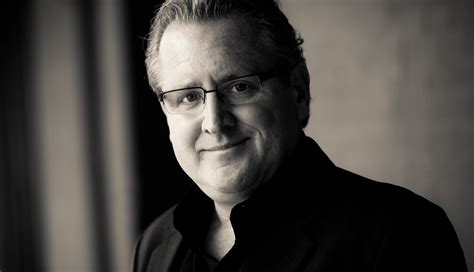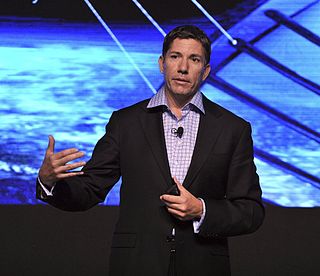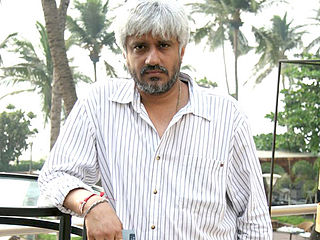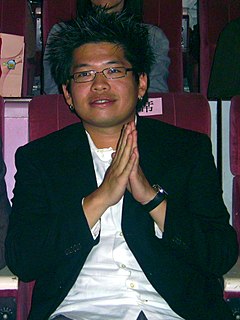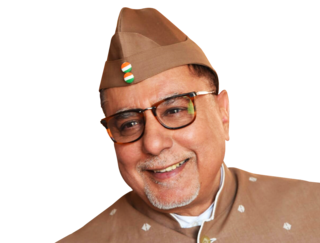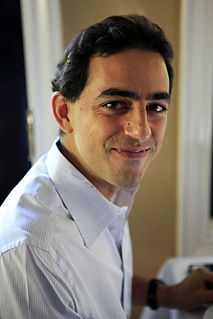A Quote by Neeraj Kabi
To be honest, making films is so expensive and their shelf life is limited. On the web, content remains... you can watch it after five, eight, 10 years... There's a huge audience and content on the web is accessible at the click of a phone.
Related Quotes
When I was 14, I spent a huge amount of time on the Internet, but not the Internet we know today. It was 1994, so while the World Wide Web existed, it wasn't generally accessible. Prodigy and CompuServe were popular, and AOL was on the rise, but I didn't have access to the web, and no one I knew had access to the web.
I wish more of the web had stayed nonprofit. But the advertising model took over and I think has delivered us to where we are, along with the development of content, which is designed to do nothing else but make you click on it or share it. And I think it's kind of a low goal for content, and I think that's taken us to our current abyss.
On the Web you have to sum up what your piece of content is in one link or nobody is going to watch it. That's the same thing I've been hearing from TV executives - is we need a program that you can have on the side of a bus and someone can watch it go by and get what the show is and want to watch it.
Some millennials have completely stopped watching TV. So for them, we've created special digital content for handheld devices only. We've paid close attention to how to present online content effectively. We try to catch their attention within the first five seconds - otherwise, they click onto a different content.
